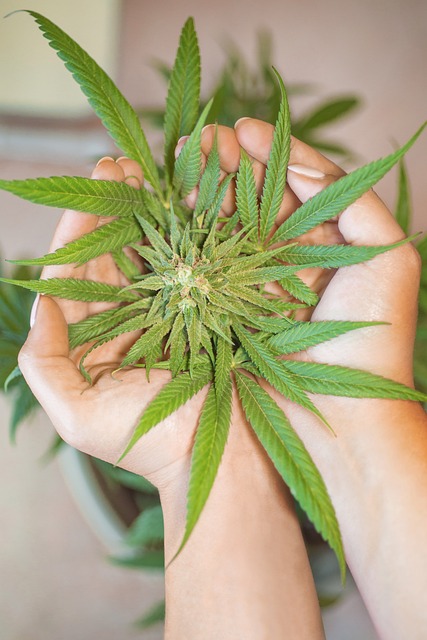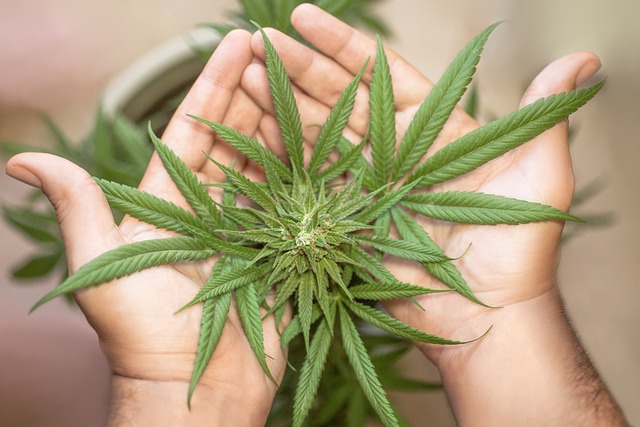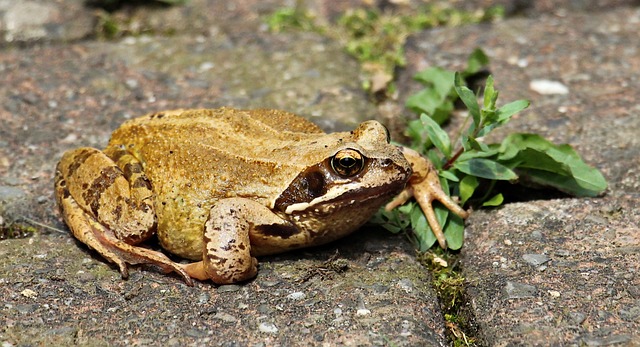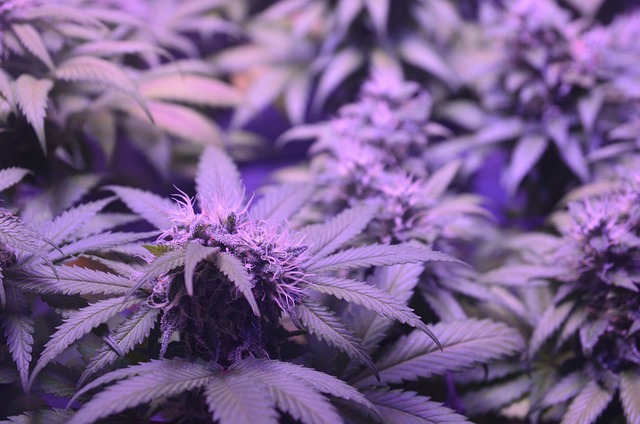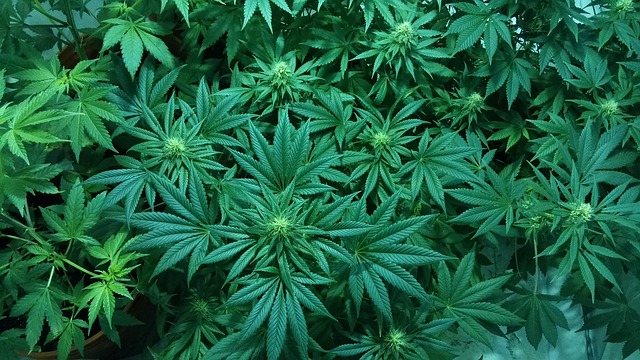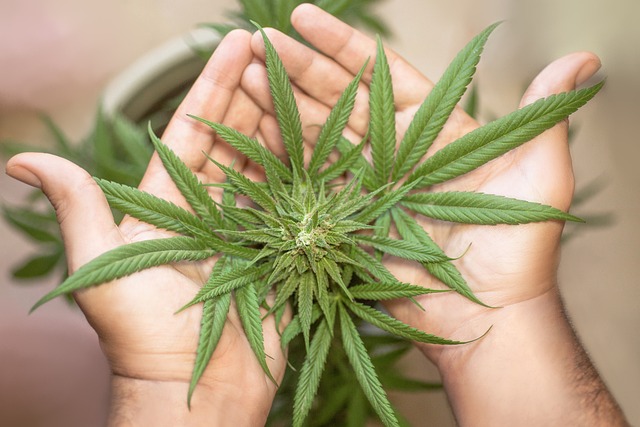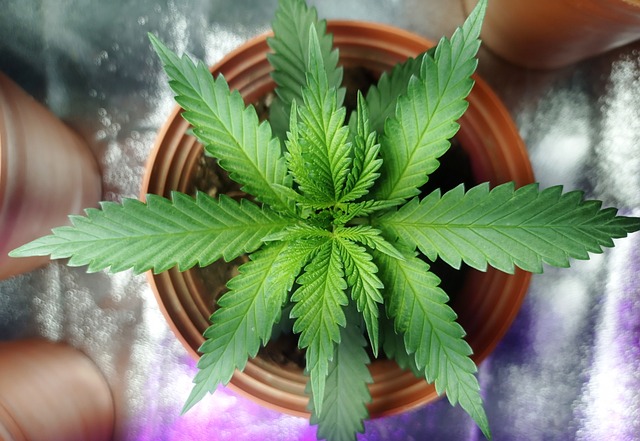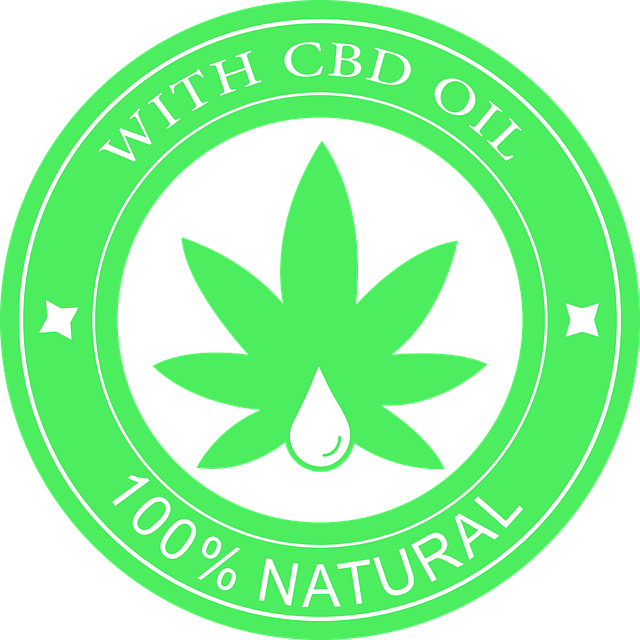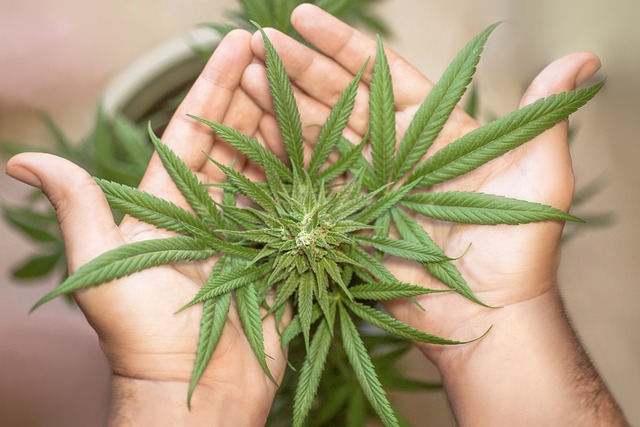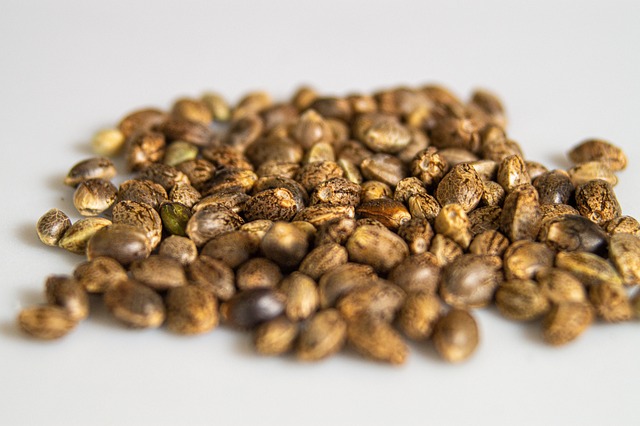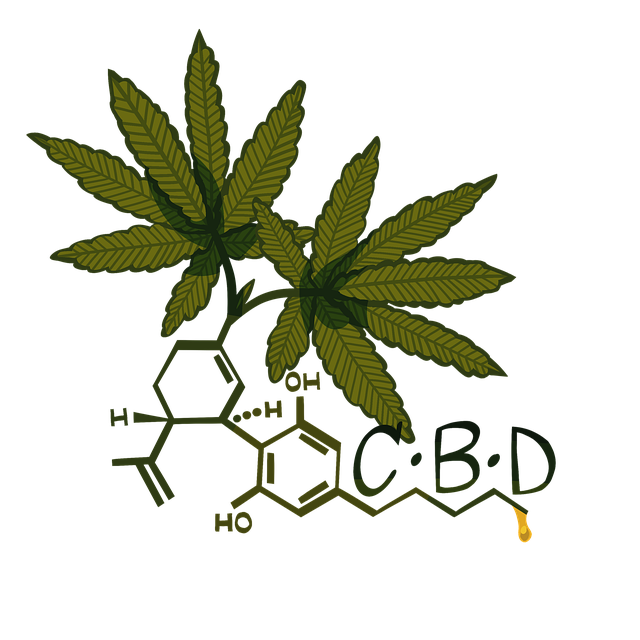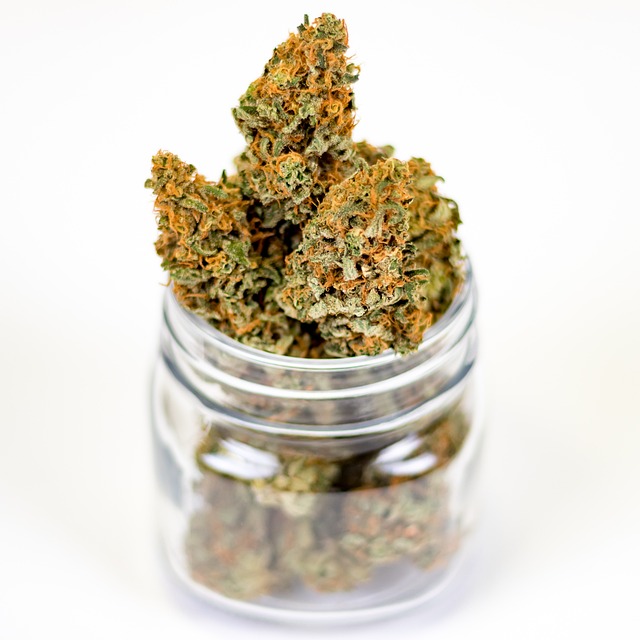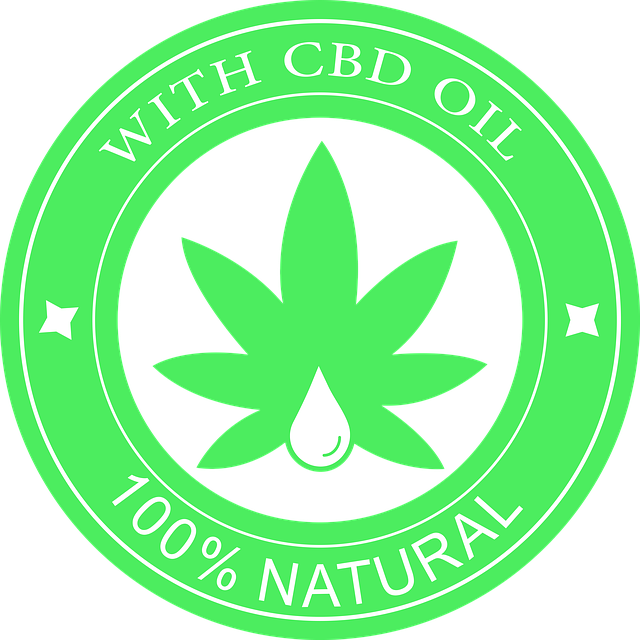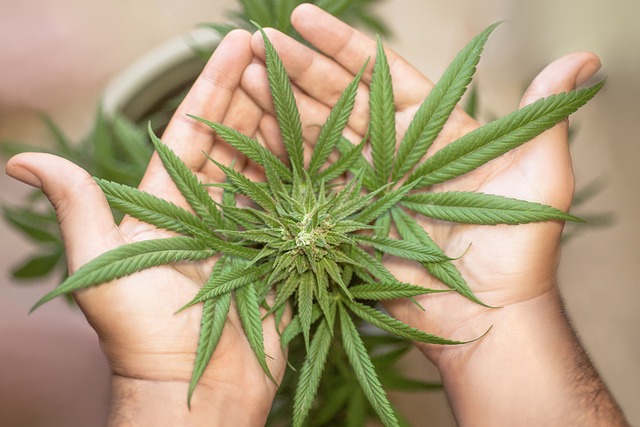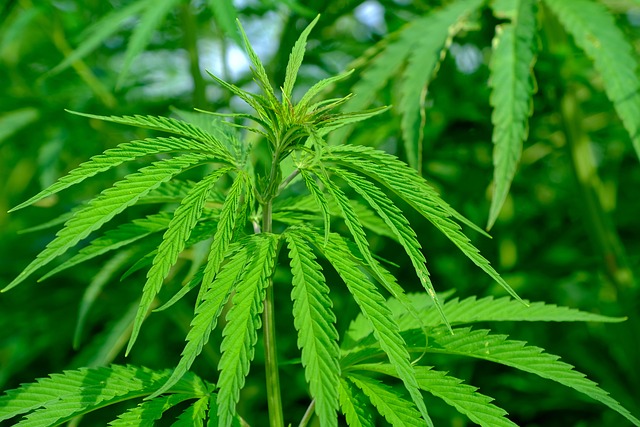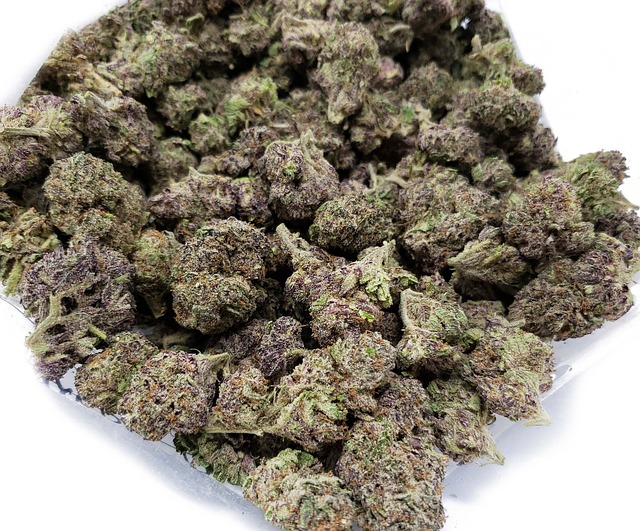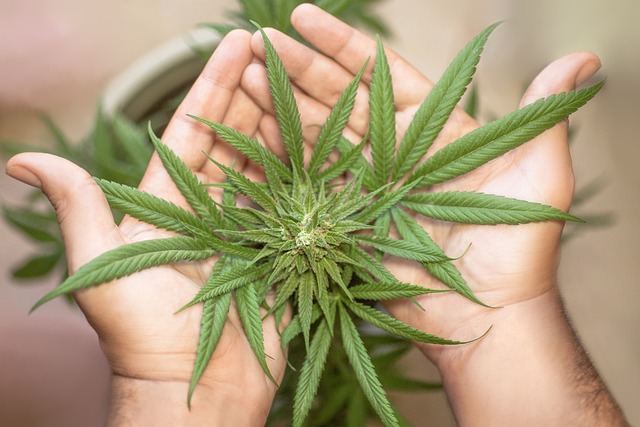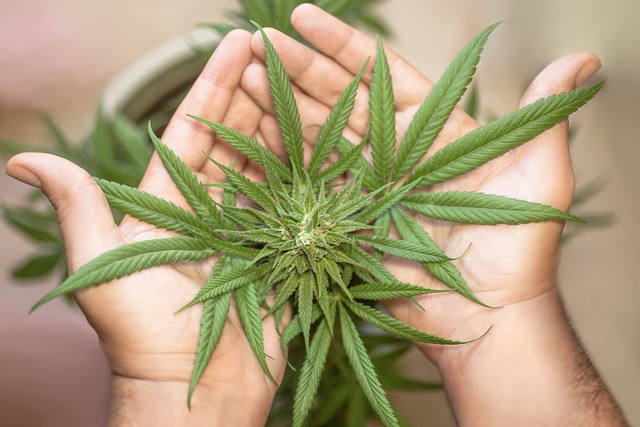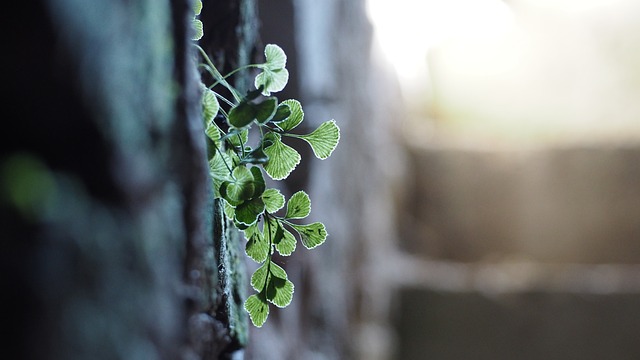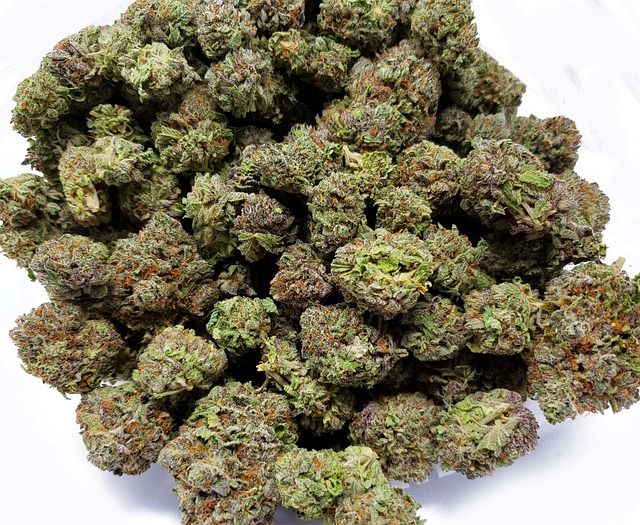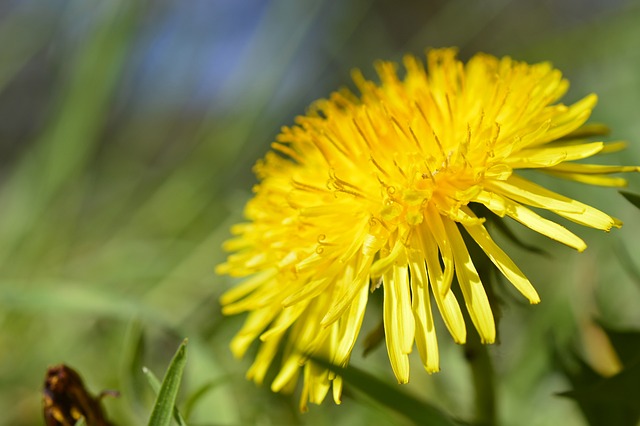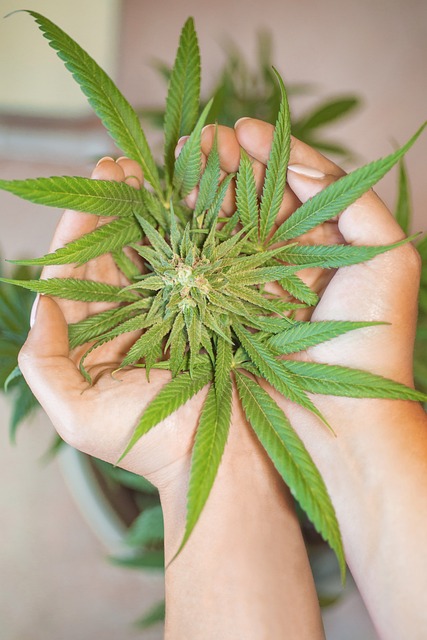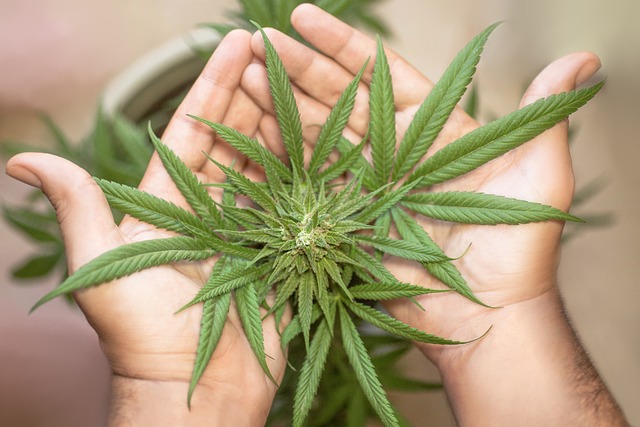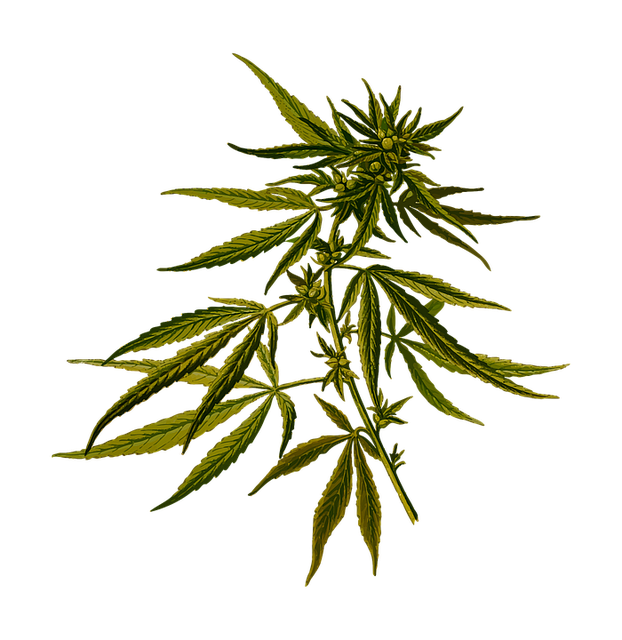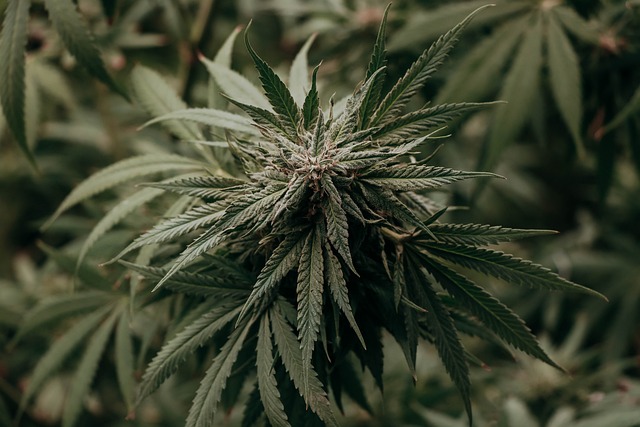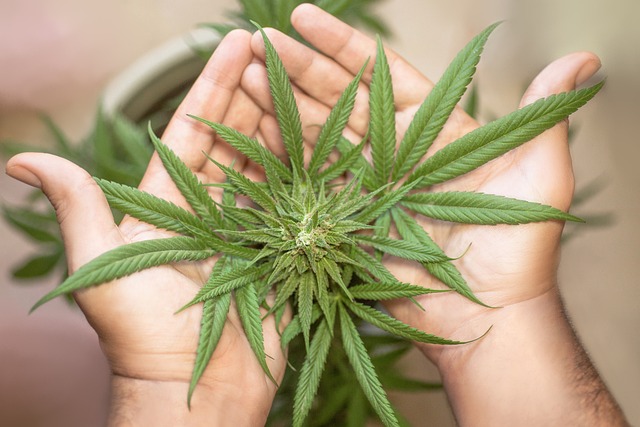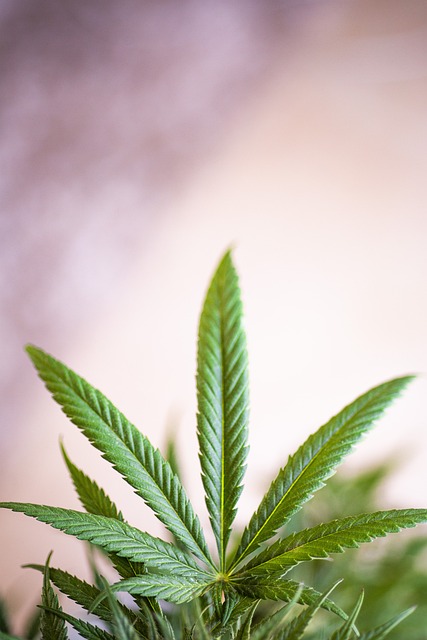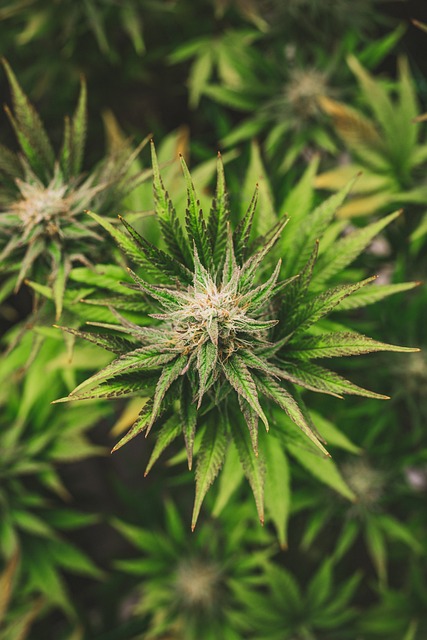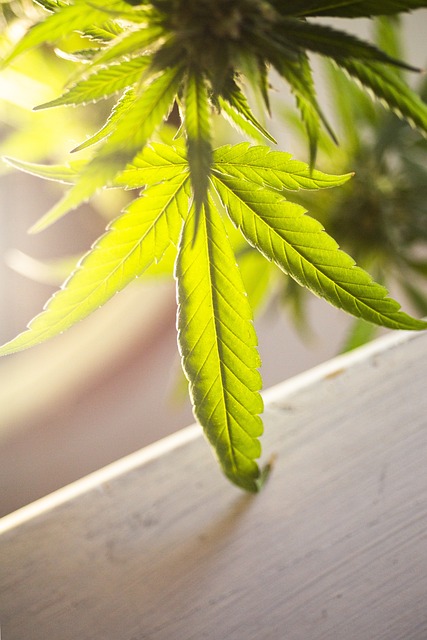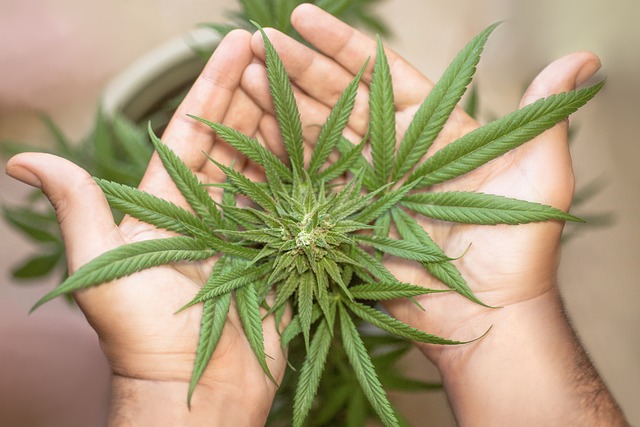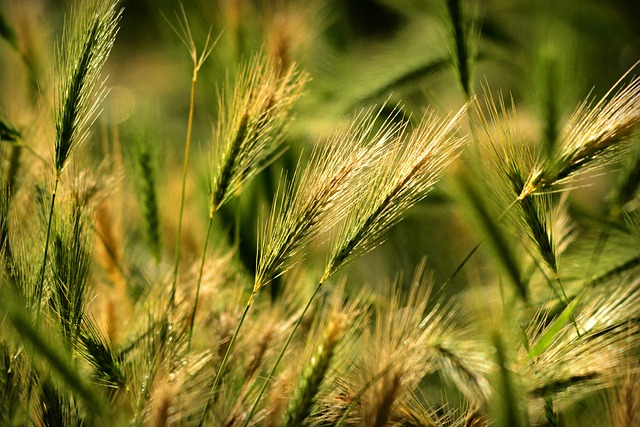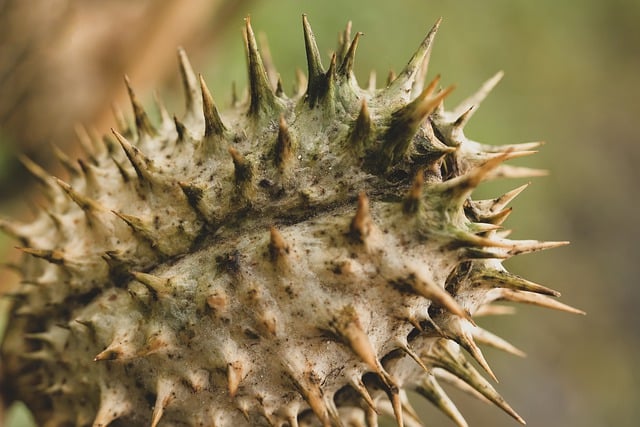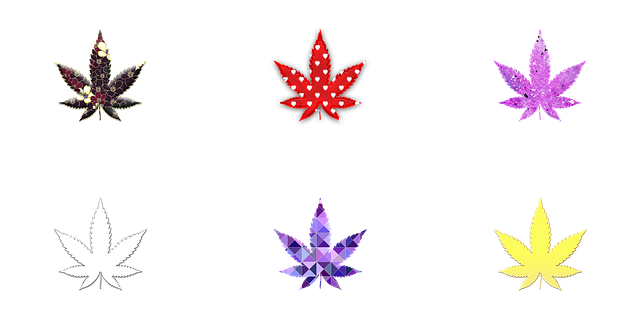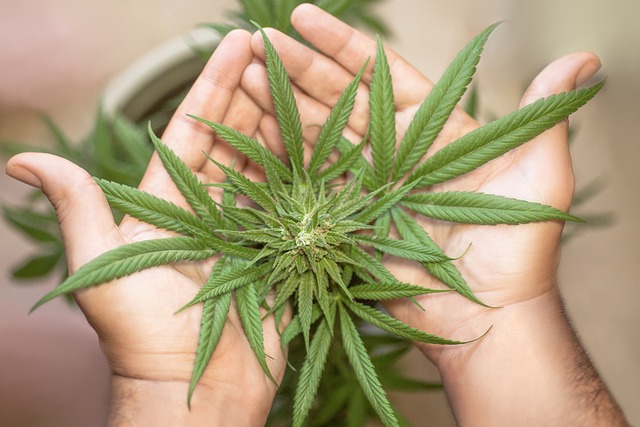Navigating THCA Flower Legality and Effects in Iowa
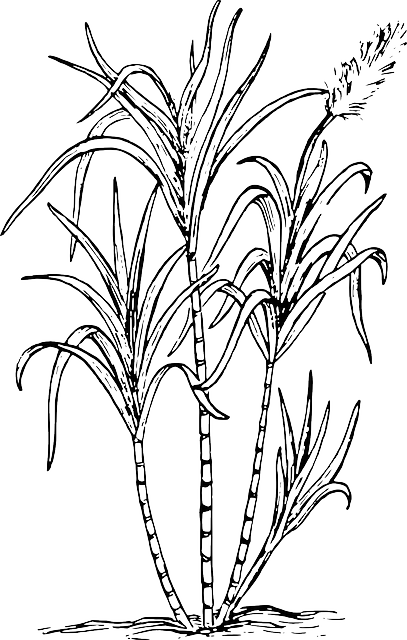
2023 has seen a growing interest in THCA (Tetrahydrocannabinolic Acid), a non-psychoactive cannabinoid found in cannabis with potential therapeutic benefits such as anti-inflammatory and neuroprotective properties. In Iowa, the legal status of THCA is defined by the 2018 Farm Bill, which allows hemp-derived products containing no more than 0.3% delta-9-THC, including THCA. However, state regulations regarding the use of raw cannabis flowers with higher levels of THCA remain complex and are classified as Schedule I controlled substances under the Iowa Controlled Substances Act. While medical CBD with low THC content is permitted for certain health conditions, the legal landscape for THCA flower is evolving, with ongoing legislative discussions that could expand its medical and recreational applications in the future. Users interested in exploring THCA's potential should approach it cautiously, starting with a low dose to gauge individual effects, and are advised to stay informed on legislative changes, consult healthcare professionals for personal health considerations, and be aware of potential side effects such as dizziness, dry mouth, and mood changes. Safety is paramount when using THCA, and it should be avoided by pregnant or breastfeeding individuals and those with specific medical conditions. Always adhere to state and federal guidelines to ensure safe and responsible use.
Exploring the nuanced relationship between cannabinoids and human health, this article delves into the multifaceted nature of THCA flower, particularly within the legal context of Iowa. From its emerging role in health and wellness to the intricacies of its legality, we provide a detailed overview of THCA’s status, potential benefits, and associated side effects. As a non-psychoactive cannabinoid found in both hemp and marijuana, THCA’s legal standing in Iowa is unique, with state laws permitting its use under certain conditions. This piece dissects the dosage and safety considerations necessary for responsible consumption, shedding light on the entourage effect and its implications for users. Additionally, we analyze the current research on THCA’s therapeutic properties and address common misconceptions to ensure a clear understanding of what users can expect from THCA flower consumption. For those in Iowa considering THCA as part of their health regimen, this article serves as an authoritative guide to navigating the market, storing THCA flower effectively, and staying informed on the evolving legal landscape surrounding this promising cannabinoid.
- THCA Flower: A Comprehensive Overview of Its Legal Status and Side Effects in Iowa
- Understanding THCA: The Non-Psychoactive Cannabinoid Found in Hemp and Marijuana
- THCA's Legal Landscape in Iowa: What the Law Says
- Potential Benefits of THCA for Health and Wellness
- Exploring the Side Effects of THCA Flower Consumption
- Dosage and Safety Considerations When Using THCA Flower
THCA Flower: A Comprehensive Overview of Its Legal Status and Side Effects in Iowa
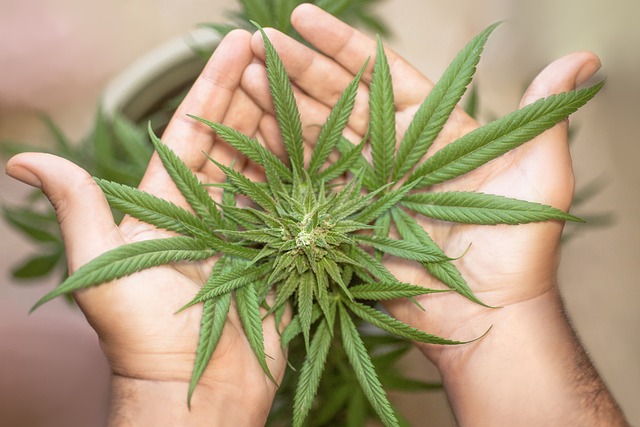
THCA, or tetrahydrocannabinolic acid, is a non-psychoactive cannabinoid found in the Cannabis sativa plant that retains its psychoactive properties once decarboxylated, becoming THC. As of the latest updates, the legal status of THCA flower in Iowa is nuanced and subject to specific regulations. In Iowa, possession and use of cannabidiol (CBD) with less than 0.3% THC are legally permissible under the state’s medical CBD law. However, the cultivation and sale of any cannabis products, including those containing THCA, are restricted to state-licensed facilities for medical research purposes only. Recreational use and possession of THC remain illegal under state law. It is crucial for individuals to be aware of these distinctions to comply with Iowa’s laws regarding cannabis.
When it comes to side effects associated with THCA flower, studies have shown that, similar to other cannabinoids, it can induce a range of effects. Users may experience mild psychoactive effects when the THCA is properly decarboxylated. Potential side effects include dry mouth and eyes, altered sensory perception, reduced motor skills, and potential anxiety or paranoia in some individuals, particularly at higher doses. It is also noted that THCA’s therapeutic potential includes anti-inflammatory, analgesic, and neuroprotective properties. However, due to the limited research on the direct effects of THCA, users are advised to approach its use with caution and consider consulting healthcare professionals, especially when considering it as part of a treatment plan. Understanding both the legal parameters and potential side effects is essential for anyone residing in or visiting Iowa where THCA’s status is concerned.
Understanding THCA: The Non-Psychoactive Cannabinoid Found in Hemp and Marijuana

THCA, or Tetrahydrocannabinolic Acid, is a natural cannabinoid found predominantly in raw cannabis plants, including both hemp and marijuana. Unlike its more famous counterpart, THC, THCA does not possess psychoactive properties, making it a compelling subject of interest for those seeking the potential therapeutic benefits of cannabis without the mind-altering effects. As of the knowledge cutoff in 2023, THCA’s legal status aligns with that of hemp-derived products, which are federally legal under the 2018 Farm Bill and its successors, including in states like Iowa where hemp and hemp-derived compounds, provided they contain less than 0.3% delta-9-THC, are permitted.
Research into THCA has been growing as scientists explore its potential health benefits, which may include anti-inflammatory, analgesic, and neuroprotective effects. Studies suggest that THCA could be beneficial in treating various conditions, from inflammatory bowel disease to neuropathic pain. In the context of Iowa’s evolving cannabis laws, THCA has become a focus for both researchers and consumers interested in the full spectrum of cannabinoids. The non-psychoactive nature of THCA makes it an attractive option for individuals who are wary of or cannot use products containing psychoactive THC due to personal or professional reasons. As such, understanding THCA’s role within hemp and marijuana plants is increasingly important for those navigating the legal landscape of cannabis products, especially in a state like Iowa where the regulatory environment continues to develop.
THCA's Legal Landscape in Iowa: What the Law Says

In the legal landscape of Iowa, the status of THCA or Tetrahydrocannabinolic Acid, a non-psychoactive cannabinoid found in raw cannabis plants, is subject to specific regulations. As of the latest legislative updates, Iowa has enacted laws that permit the use of cannabidiol (CBD) with low THC content for medical purposes under a registered physician’s guidance. While this opens a door for therapeutic uses of cannabinoids, it’s important to note that possessing and using raw cannabis flowers containing higher levels of THCA remains in a legal gray area. The Iowa Controlled Substances Act categorizes THC, which includes THCA upon decarboxylation, as a Schedule I controlled substance. This classification places strict limitations on its use, research, and possession. However, the state’s approach to THCA-rich products is evolving, with discussions and legislative efforts aiming to clarify and expand the legal uses of cannabinoids for various applications, including medical and possibly recreational purposes in the future. It’s crucial for individuals interested in the therapeutic potential of THCA to monitor ongoing legislative developments and consult with legal counsel to navigate this evolving landscape.
Potential Benefits of THCA for Health and Wellness

betaine, anandamide, and other cannabinoids have garnered significant attention for their potential health benefits. THCA, or tetrahydrocannabinolic acid, is one such compound found in the cannabis plant that is gaining recognition for its therapeutic properties. While THC is well-known for its psychoactive effects, THCA exists in its non-psychoactive acid form and has been studied for a variety of potential health benefits.
Research suggests that THCA may offer neuroprotective effects, which could be beneficial in treating conditions like multiple sclerosis and epilepsy. Its anti-inflammatory properties make it a subject of interest for those suffering from inflammatory diseases, including arthritis. Moreover, preliminary studies indicate that THCA might have analgesic properties, offering pain relief without the high associated with its decarboxylated form, THC. As of my knowledge cutoff in 2023, THCA is legal in Iowa under certain conditions, aligning with federal and state regulations regarding hemp-derived products. This legal status opens up avenues for further research into its applications and benefits, potentially expanding the scope of natural health solutions available to individuals within the state.
Exploring the Side Effects of THCA Flower Consumption
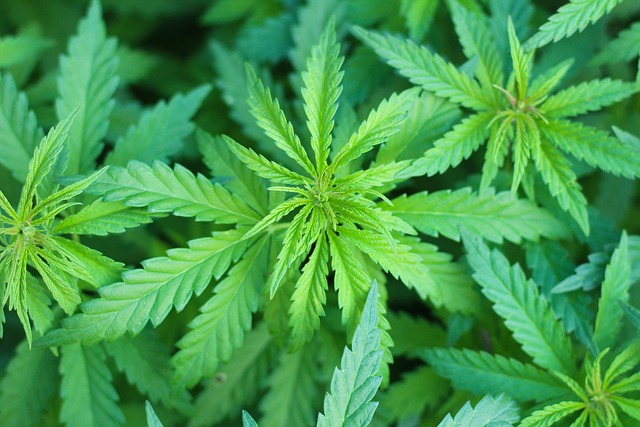
THCA, or tetrahydrocannabinolic acid, is a non-psychoactive cannabinoid found in the cannabis plant that is known to convert into THC upon heating. As interest in the potential wellness benefits of cannabinoids grows, so does curiosity about the effects of THCA, particularly regarding its legal status and side effects. In states where cannabis has been legalized, such as Iowa, consumers are exploring the therapeutic properties of raw cannabis and its derivatives like THCA flower. While THCA itself is not psychoactive, it’s often consumed in hopes of benefiting from its anti-inflammatory and neuroprotective properties. However, users should be aware that THCA flower consumption may still lead to side effects, as the body processes the compound. Common reported side effects include dizziness, dry mouth, and altered mood. It’s also possible for individuals to experience gastrointestinal issues such as nausea or diarrhea. The legal status of THCA flower in Iowa is nuanced; while hemp-derived products containing less than 0.3% THC are federally legal under the 2018 Farm Bill and its state-level counterparts, local laws may vary, and it’s imperative to stay informed on the evolving regulations surrounding cannabis products. Users must exercise caution and consult healthcare professionals when considering THCA flower as part of their wellness routine, especially given the potential for side effects and the legal complexities involved.
Dosage and Safety Considerations When Using THCA Flower
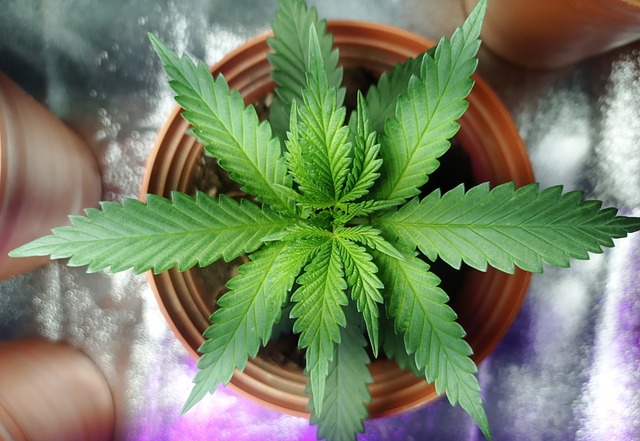
Navigating the appropriate dosage and safety considerations for THCA (Tetrahydrocannabinolic Acid) flower is paramount, especially with its evolving legal status. As of the knowledge cutoff in 2023, THCA is legal in Iowa, provided it contains no more than 0.3% delta-9-tetrahydrocannabinol (THC) on a dry weight basis, aligning with the 2018 Farm Bill regulations. When incorporating THCA flower into one’s wellness routine, users should start with a low dose to gauge effects, as individual sensitivity can vary widely. Typically, a dose ranging from 1 to 5 mg of THCA per use is a good starting point for most individuals, though this can fluctuate based on factors such as body weight and cannabinoid experience.
It’s crucial to monitor one’s response to the THCA flower, as side effects can include dry mouth, red eyes, drowsiness, and a temporary increase in anxiety or paranoia, particularly at higher doses. Consistent with responsible use, users should avoid operating heavy machinery or driving until they understand how THCA affects them personally. Safety considerations also dictate that THCA flower should not be used by pregnant or breastfeeding individuals or those with certain medical conditions. Additionally, it’s advisable to consult with a healthcare provider before incorporating THCA into any health regimen, especially given its potential interactions with other medications. Adhering to these guidelines can help ensure a safe and enjoyable experience with THCA flower.
In conclusion, the exploration of THCA flower’s legal status and potential effects in Iowa reveals a nuanced landscape for consumers. As outlined throughout this article, THCA, a non-psychoactive cannabinoid prevalent in hemp and marijuana, has garnered attention for its therapeutic properties and is recognized as legal in Iowa under certain conditions. While its side effects are generally mild, they can vary based on individual sensitivity and dosage. It is imperative for users to approach THCA flower with caution, adhering to safe usage guidelines to mitigate any adverse reactions. Prospective users should consider the legal parameters governing THCA in Iowa, as well as consult healthcare professionals before incorporating it into their health regimen. Understanding the intricacies of THCA’s legality and effects is crucial for a responsible engagement with this cannabinoid.
